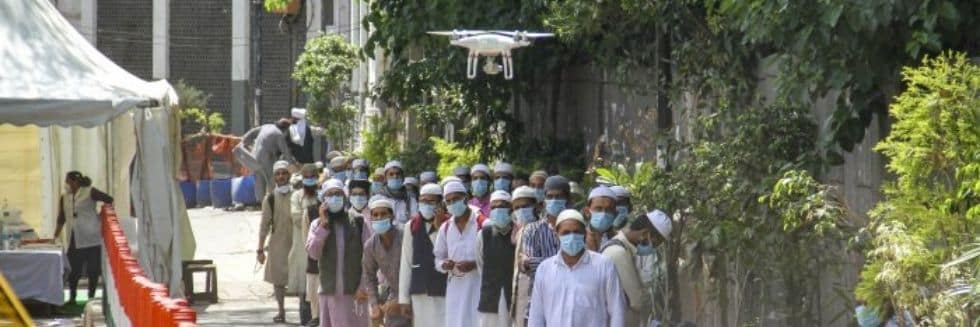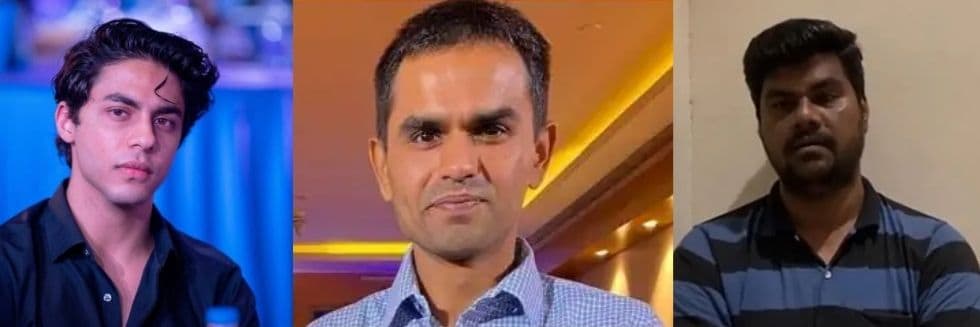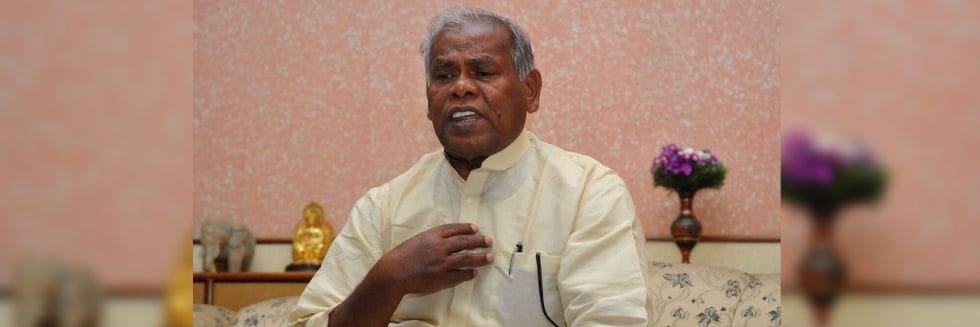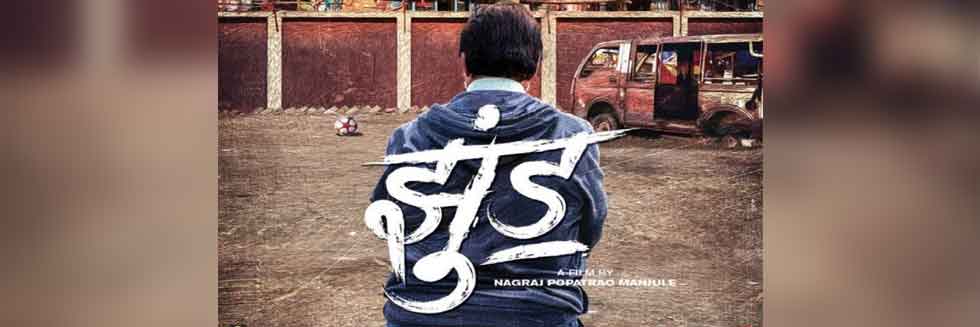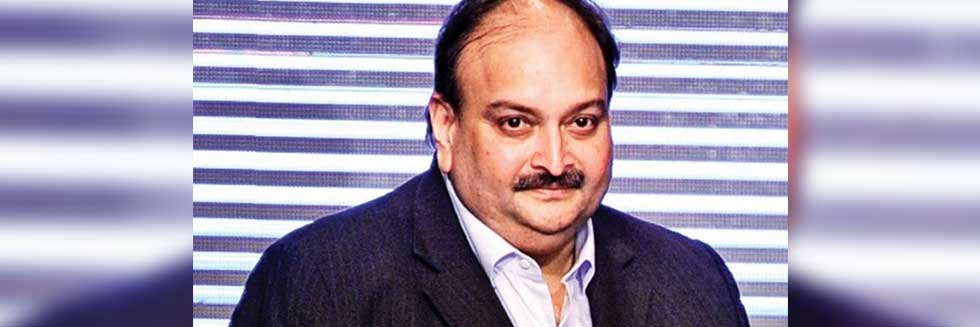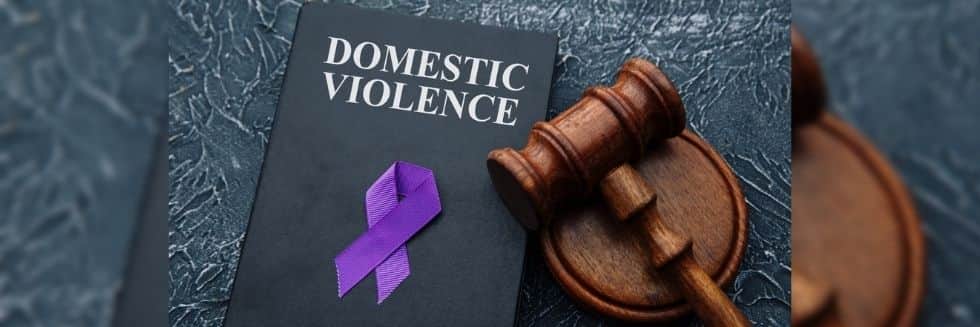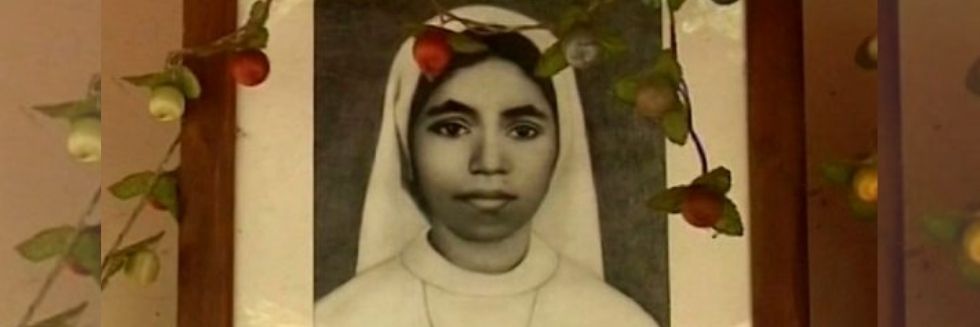The Supreme Court on Thursday has pulled up the Centre for filing an affidavit stating that there ‘were no instances of bad reporting’ regarding the communalisation of the Tablighi Jamaat issue.
The bench headed by Chief Justice SA Bobde was hearing the pleas which sought strict action against the media for communalization of the Coronavirus pandemic in light of the Tablighi Jamaat, a meeting held earlier this year in Delhi. During the hearing, Senior Advocate Dushyant Dave mentioned to the court citing to an affidavit filed by the Centre and added that the Centre had taken a stand that the instant petitions were an attempt at Muzzling Freedom of Speech.
To this, CJI SA Bobde asserted, “They are entitled to make any argument like you people are. This freedom of speech may be the most abused freedom in recent times.” However, Solicitor General Tushar Mehta added that it was an opinion of the Department.
Further, the top court also rebuked the Centre for filing the shoddy affidavit stating “You cannot treat the Court how you are treating it. You have filed the affidavit of some Junior Secretary. We find it extremely evasive; the affidavit does not make any comment on the allegation and goes so far as to say brazenly that the petitioners have not pointed out any incident of bad reporting. To say that you do not agree with the petitioners is one thing but how can you say there is no incident pointed out?”
“The Secretary must tell the Court as to what he thinks of the incidents pointed out. He may agree, disagree. But he must not make such unnecessary nonsensical averments as he has made,” added the CJI. The court thus sought a fresh affidavit to be filed by a Secretary-level officer in the Ministry of Information and Broadcasting.
Subsequently, the Solicitor General mentioned that the affidavit should have indeed come from the senior-most officer and that he will be filing a fresh one. He further added that he would personally vet it.
The Nizamuddin area in Delhi was sealed on March 30 after it came to light that several people, who had attended a religious event held in March at Nizamuddin by a Muslim sect called Tablighi Jamaat, were found to be infected with the coronavirus. It was reported that between 13th March to 24th March, at least 16,500 people had visited Tablighi Jamaat’s headquarters in Nizamuddin.
The present petitions filed by Jamiat Ulama-i-Hind, Peace Party, DJ Halli Federation of Masjid Madaaris, and Wakf Institute and one Abdul Kuddus Laskar alleged that the media was reporting the incident in a skewed manner and demonizing the Muslim community.
The petitioners have submitted that the reportage of the incident by certain sections of the media was in violation of journalistic norms and the provisions of the Cable TV Networks Regulation Act and the program code under that Act which prohibits telecast of programs containing attacks on religion or communities or promoting communalism. It also pointed out that a number of such fake news has been debunked by fact-checking organizations like Altnews.
Subsequently, the top court while referring to Section 20 of the Cable Television Networks (Regulation) Act 1995, noted that the Act only covers cable TV signals, and asked if the government had the power to ban such signals.
“This power is exercisable only in relation to cable TV networks and not in relation to TV signals like Doordarshan etc. Does the government have any power to ban the signals? Their affidavit says they had issued advisories,” asked CJI SA Bobde during the hearing on Thursday.
